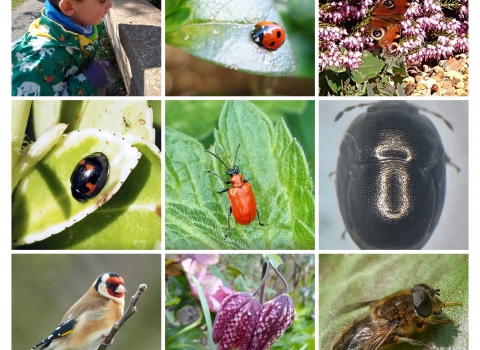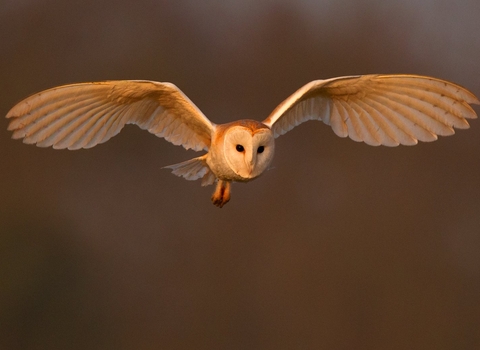In recent weeks, news outlets have been reporting on some of the effects of Covid-19 across the world – effects that have included positive changes to the environment. Pollution in many cities is down, fossil fuel use is down, and wildlife has been creeping back into our now quiet towns and cities. People have also been connecting with nature – before the lockdown, beauty spots across the country saw some of their busiest weekends on record, and people have been making detailed records of the wildlife in their gardens or their local patch when they go for their allotted daily exercise.
So far, so good, but….
As people are urged to work from home wherever possible, and the word ‘furlough’ enters people’s vocabulary, there will be impact for our local wildlife. Our reserves officers are impacted by this new way of working, and are only visiting our nature reserves when it’s absolutely vital (for example to deal with health and safety issues, or to repair a fence to allow necessary grazing to take place). Similarly our volunteer wardens may not be able to get out on site and social distancing rules mean volunteer work parties that achieve so much for us are on hold. Under normal circumstances, reserves staff and volunteers would be carrying out a whole host of work on our reserves. We’re lucky that the restrictions didn’t kick in until mid-March – by this time we’ve finished most of our heavy habitat management work and will be looking forward to birds nesting and emerging butterflies and queen bees buzzing around the early flush of spring flowers - but there are still lots of jobs that are going undone.
At this time of year we’re usually repairing fences and starting our work to control problematic and invasive weeds on our reserves, such as ragwort and thistles. We will fence those sites which need it urgently to allow grazing, but tasks will be prioritised, and done without the army of volunteers that would normally help us with this work. We may need to make more use of contractors, instead of relying on volunteers, which will of course cost us. We hope that social distancing and lockdown will finish in time to allow us to pull flowering ragwort stems and thistles, and pull up the balsam before it sets seed, but if not, we’ll expect more of these plants in the future.
Another area of work that has been put on hold is our programme of surveying and monitoring across our reserves. Now is the ideal time to start looking at the condition of our woodlands, before we move on to our grasslands in June. This is work that we are unable to do in the current lockdown, and it means we will miss a year of recording this particular set of species.
We will be able to pick up where we left off next year, and we're sure it won't affect our work irreparably, but the missing data will have an effect on the way we work and, necessarily, the decisions we make.
In the meantime our staff and volunteers are busily recording what they can in their back gardens - and you can help by joining them online and recording your own sightings with ID help from our team. Follow #wildlifefromhome on social media and join the friendly Facebook page.



